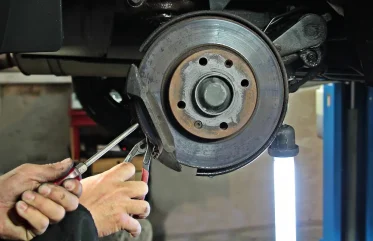
Software firm Epyx has revealed a ranking of UK regions based on the average time between a company vehicle being booked in for SMR work and entering the workshop.
It said data from its 1link Service Network platform showed that London was the fastest region for SMR lead times, with an average of 12.46 days, and the South West was the slowest, at 13.86 days.
Other regions, in order from fastest to slowest, were Yorkshire and the Humber (12.91 days); North East (12.98); West Midlands (13.03); East Midlands (13.17); Wales (13.23); Scotland (13.26); North West (13.28); Northern Ireland (13.43); South East (13.54); and East (13.66).
Epyx CCO Tim Meadows said: “We’re seeing a difference of 1.4 days between the best and worst areas in the country when it comes to lead times which overall, is arguably a surprisingly low variation.
“Fleets operating in some relatively rural areas are accessing lead times that are comparable to London and other major conurbations where provision of franchise dealers, independent garages and fast-fits is ostensibly higher.
“What this probably indicates is that supply and demand for SMR is relatively evenly-distributed across the UK, with no regions where there appears to be either shortages or surfeits of provision.”
Meadows added that the data also offered insights when compared with figures previously published by Epyx in October 2023, showing that national SMR lead times had risen by more than 57% since the start of the Covid-19 pandemic, from 8.11 days to 12.76 days.
He said: “Looking at our new regional and previous national figures together, it’s clear that lead times around 12-13 days are a trend right across the country.
“The factors that are affecting SMR providers, such as reduced access to parts, consumables and recruitment, have had a similar impact everywhere.
“For some time following the pandemic, lead times gradually increased and while this no longer appears to be the case, neither is it really improving. Garages in every region are very much at the mercy of forces beyond their control, and we expect lead times of the current length to persist for some time to come.”





